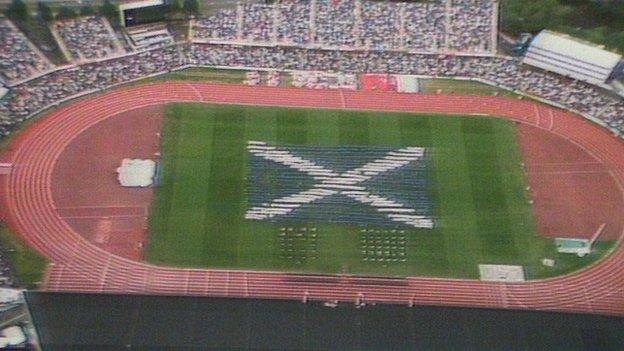Boycotts and Broken Dreams: Robert Maxwell and the suspected war criminal
- Published
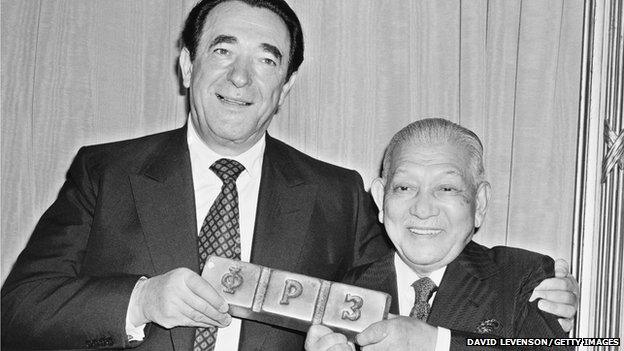
Robert Maxwell (left) hoped his friend Ryoichi Sasakawa would help save the 1986 Commonwealth Games
Next week, the eyes of the world will be on Glasgow as the Commonwealth Games get under way.
This will be the third time Scotland has hosted the Games, with Edinburgh taking centre stage in 1970 and 1986.
The Games in 1970 were an undoubted success.
But, in 1986, they were very nearly destroyed by a boycott of 32 African, Asian and Caribbean nations over the issue of apartheid in South Africa.
A new BBC documentary Boycotts and Broken Dreams: The Story of the 1986 Commonwealth Games explores how the Commonwealth was on its knees, how the Games were surrounded by farce but how ultimately they are remembered by British sports fans as a success.
In the lead-up to the Games, African nations believed Prime Minister Margaret Thatcher was wrong for refusing to impose economic sanctions on a regime committed to racial segregation.
Mrs Thatcher, however, believed the misery sanctions would bring to South Africans was a price not worth paying.
The Iron Lady would not be moved and, for many Africans, it was a line in the sand.
Two weeks before the Games began, Nigeria and Ghana boycotted the Games. They would not be the last.
"I remember once pleading with her (Mrs Thatcher) to save your Games, because after all they were a Commonwealth Games being held in Britain," said Sir Shridath 'Sonny' Ramphal, the Commonwealth Secretary General at the time.
"She answered me very sharply saying 'They are not my Games. They're yours'."
In a move that was seen as an attempt to appease the growing discontent, Commonwealth Games officials banned two South Africans - Zola Budd and Annette Cowley - from competing for England over residency rules.
It didn't work. In the end, 32 of the 59 eligible nations decided to not take part.
Bermudan boycott
One of them was Bermuda. While the opening ceremony was taking place on a television screen behind him, sprinter Bill Trott was in the athletes' village and still didn't know what to do.
The athletes received the support of the country's leader, John Swan, to take part in the Games and some, including Trott, rushed to the opening ceremony wearing their Panama hats, blue blazers and beige shorts.
.jpg)
The Bermudian team at the 1986 Commonwealth Games opening ceremony
But it was all for nothing. By morning, a decision had finally been made and the Bermudans were joining the boycott.
"My view at the time was not agreeing with apartheid," commented Trott. "I wasn't into politics. For me, it was about competing."
As the teams withdrew, so did broadcasting and sponsorship revenue. One man who proclaimed he could save the Games was Robert Maxwell.
The controversial media tycoon promised millions. As part of his plan, he called a media conference as the games were drawing to a close to introduce a Japanese man who was also ready to throw money at the Games - Ryoichi Sasakawa.
Derek Douglas, co-author of The Unfriendly Games: Boycotted and Broke, said: "It subsequently became clear that this man had spent some years in allied prisoners of war camps as a suspected war criminal.
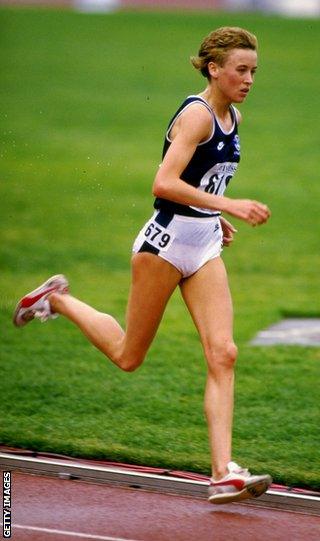
Liz Lynch, now Liz McColgan, was the highlight of the Games for Scottish fans with victory in the 10,000m
"You literally could not make it up. All around the pay phones in the Sheraton Hotel, you could hear journalists saying to their news editors, 'you're not going to believe this but…'
"So of all my memories of the Commonwealth Games, the production of Ryoichi Sasakawa, a suspected Japanese war criminal, as a saviour of the Commonwealth Games, is the best and still makes me smile to this day.
"And I should add that, of course, he didn't actually put his hand in his pocket at all."
Maxwell's legacy
Andrew Neil, who at the time was the editor of The Sunday Times, added: "The moment the Games ended, we put on our best investigative journalists onto this to find out what had really happened.
"Before long, we had discovered that he (Maxwell) had put none of his own money into it at all - that a lot of small business people had been unpaid, that companies were going bust because they hadn't been paid, contracts were not being adhered to and, in fact, he had been a bogus saviour of the Games and in the end created more problems than he had inherited."
The Games ended reportedly £4.9m in debt.
But there was to be one last moment for Maxwell to shine.
At the closing ceremony, when the Scottish flag bearer, wrestler Albert Patrick, came into difficulty as he marched past The Queen, the newspaper tycoon rushed to his aid.
Maxwell tried, and failed, to fix the flag before retreating to Her Majesty's side.
Doug Gillon, The Herald's celebrated athletics correspondent, recalled: "The Saltire came off the flagpole and there was Robert Maxwell trying to salvage Scotland's dignity.
"It seemed to be a microcosm of the way the Games had gone in terms of his involvement. It was utterly pathetic but derisorily amusing."
Boycotts and Broken Dreams: The Story of the 1986 Commonwealth Games, BBC One Scotland, Thursday 17 July 22:35 BST.
The film will also be shown on BBC Four on Sunday, 3 August at 23:00 BST and Wednesday, 6 August at 20:00 BST.
- Attribution
- Published14 July 2014
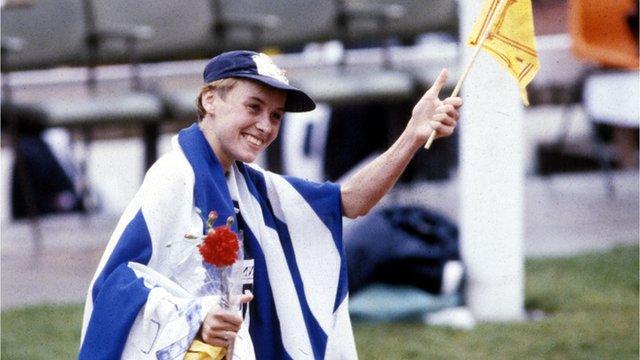
- Attribution
- Published20 May 2014
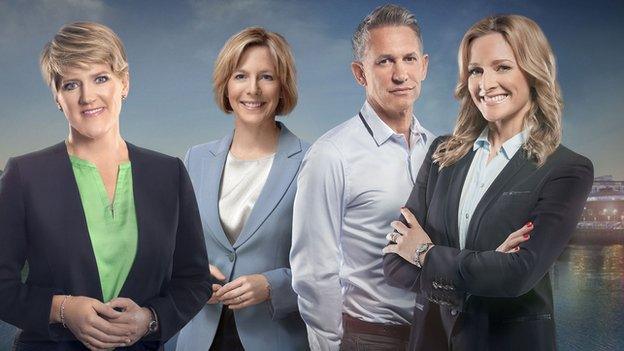
- Attribution
- Published16 July 2014
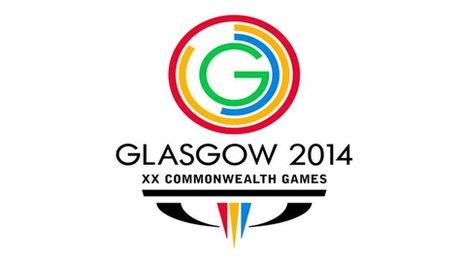
- Attribution
- Published25 April 2014
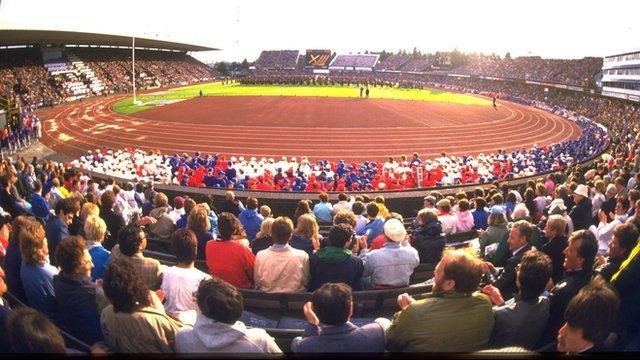
- Published7 March 2013
